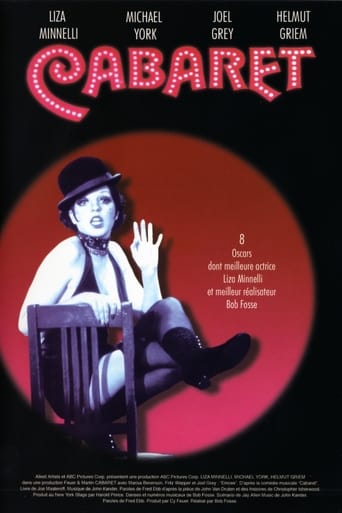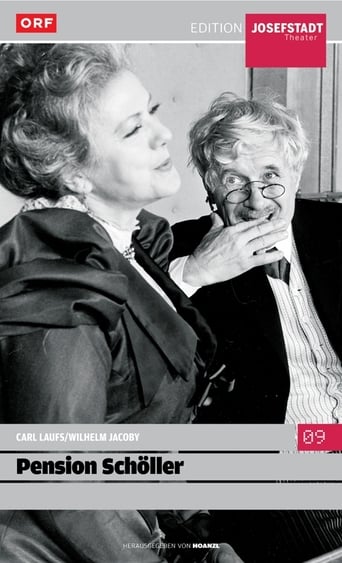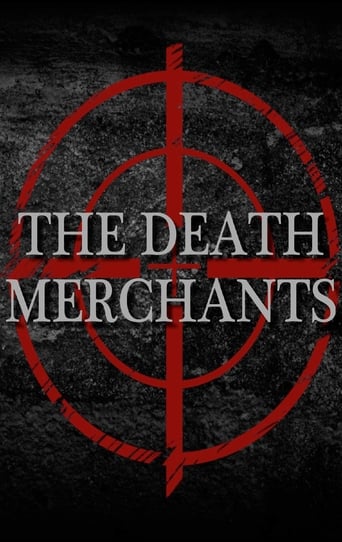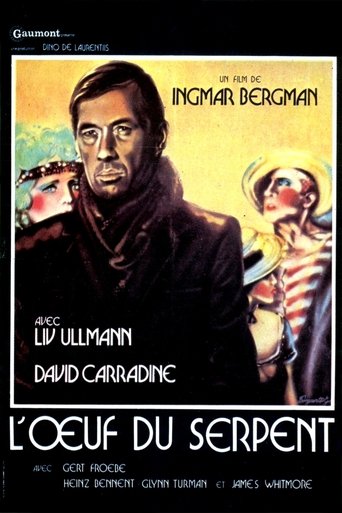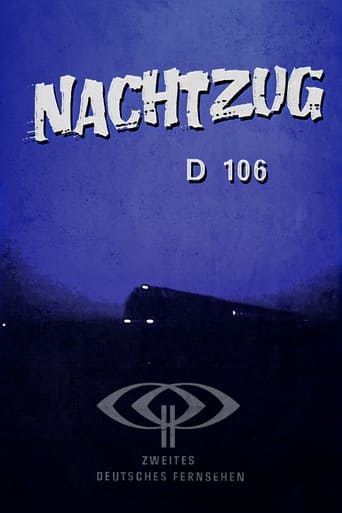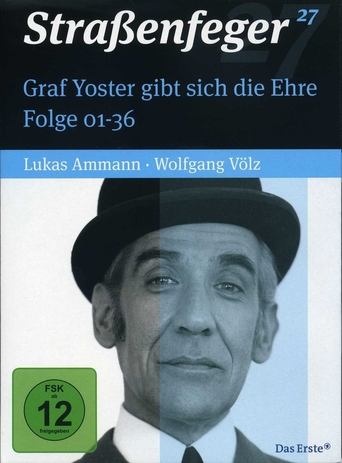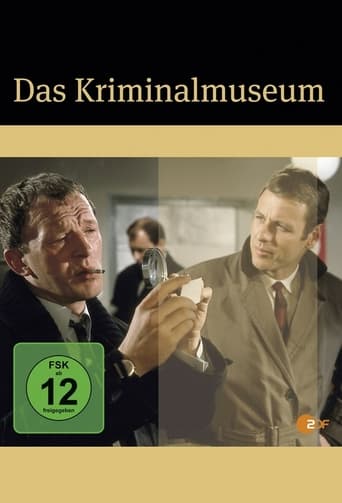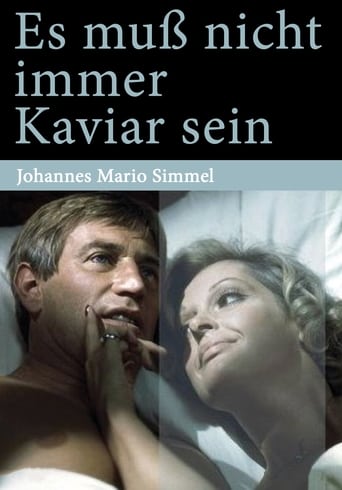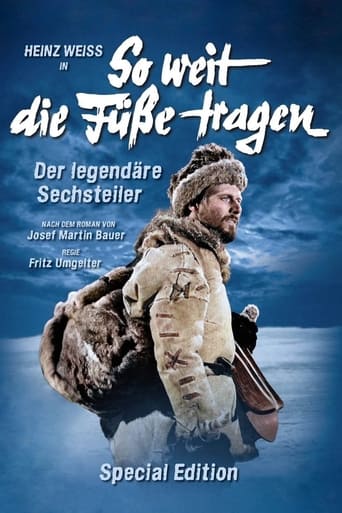1977 120 min 112 vues
L'action se déroule à Berlin, entre le 3 et le 11 novembre 1923 (en pleine période d'Hyperinflation de la République de Weimar, avec le chômage, la misère et le désespoir qui l'accompagnent). Le personnage principal s'appelle Abel Rosenberg : forain alcoolique juif venu de Philadelphie, il vit avec son frère qui a divorcé de Manuela après leur émigration en Allemagne. Un soir, alors qu'il rentre ivre, il découvre le corps de son frère Max, qui s'est suicidé en se tirant une balle dans la bouche. Interrogé par le commissaire Bauer, il a l’intuition qu’il est soupçonné d'être l'auteur du meurtre, ainsi que de plusieurs autres perpétrés dans le quartier : il s'étonne en particulier d'une question de l'inspecteur, qui lui demande s'il est d'origine juive…

